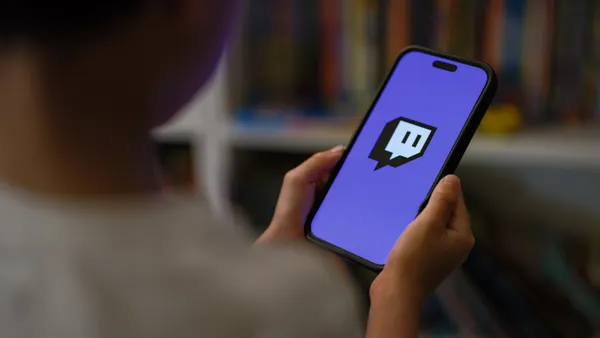Dive Brief:
- The Economist is expanding its #feedingthefuture live content marketing program with launches in New York City, London and San Francisco, per a press release made available to Marketing Dive.
- The campaign is meant to educate people about food waste with programs titled “Fast Forward Food” in New York City and London, and “Waste Not. Want Not” in San Francisco. Economist-branded food trucks in New York and London will give free samples of meat-free burgers. Through June people in San Francisco will get free smoothies made from imperfect produce that’s edible, but once considered trash and an Economist-branded food truck will serve ice cream topped with edible insects.
- Working with agency Sense, The Economist launched experiential activities in the U.K. in 2014, generating more than 30,000 new subscriptions. Consumers participating in the current campaign will have the opportunity to subscribe to The Economist at a special introductory rate of $12 for 12 weeks.
Dive Insight:
The campaign might be a bit unconventional, but the promise of free food served from branded food trucks should grab attention, and based on previous similar efforts has been proven to successfully drive subscriptions to the print version of The Economist — no small feat in the current media marketplace as print magazine circulation and advertising rates struggle.
The Economist, like many traditional print publishers, has been embracing digital in order to capture readers where they are spending more time. The experiential marketing strategy is more unusual from a traditional print publisher but is an approach that other brands have been embracing as a way to grab attention, build excitement and create meaningful engagements.
Beyond driving subscriptions, the goal of the #feedingthefuture campaign is to use what was described as “somewhat gross and uncomfortable” experiences such as edible insect laced ice cream to bring attention to global issues around food waste, sustainability and the environment.











